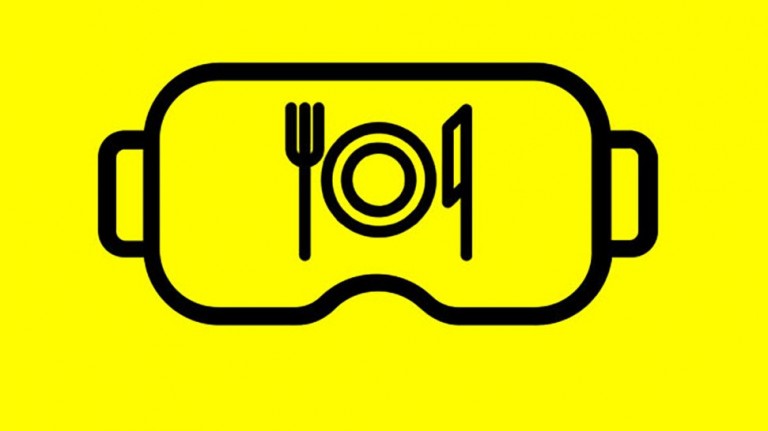Though most consumers aren't yet sure what to do with VR, some pyschologists are using it to treat anorexia and bulimia.
The details: According to the Wall Street Journal, therapists are using VR along with more standard therapy practices to ease patients' body- and food-related issues.
For instance, one doctor combines cognitive behavioral therapy with VR to initially place patients in a relaxing scene. After that, he uses VR to show them an environment that will be more stressful, like a restaurant, and helps them work through any anxiety.
Does it help? A meta-analysis from French and Australian researchers, which was published in April, looked at 26 previous studies and found they indicate that VR is "an acceptable and promising therapeutic tool" for eating-disorder patients.
Might make sense: VR has rapidly gotten better and cheaper; you can buy a self-contained Oculus Go headset for $199. As VR technology improves, virtual situations will get more realistic while staying far easier to control than real-world settings. And there's already precedent for using VR for better health: the technology has long been studied for its potential as a painkiller, for instance.

